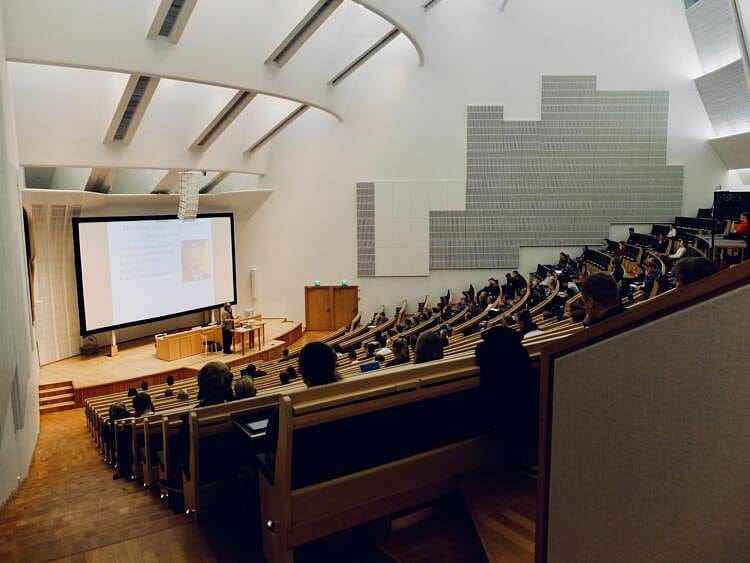More States Establishing Tuition-Free Community College Programs, Including Massachusetts

Stateline, an initiative of The Pew Charitable Trusts.
By Elaine Povich
As the idea of free community college gains traction across the country, some lawmakers have gotten bolder in their concepts — expanding existing programs or pitching legislation that would offer free college to anyone.

